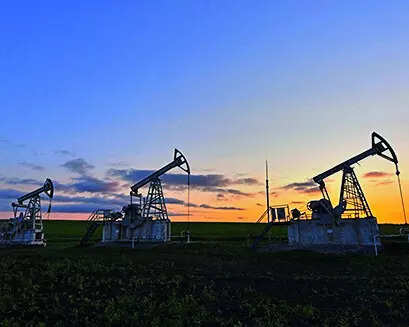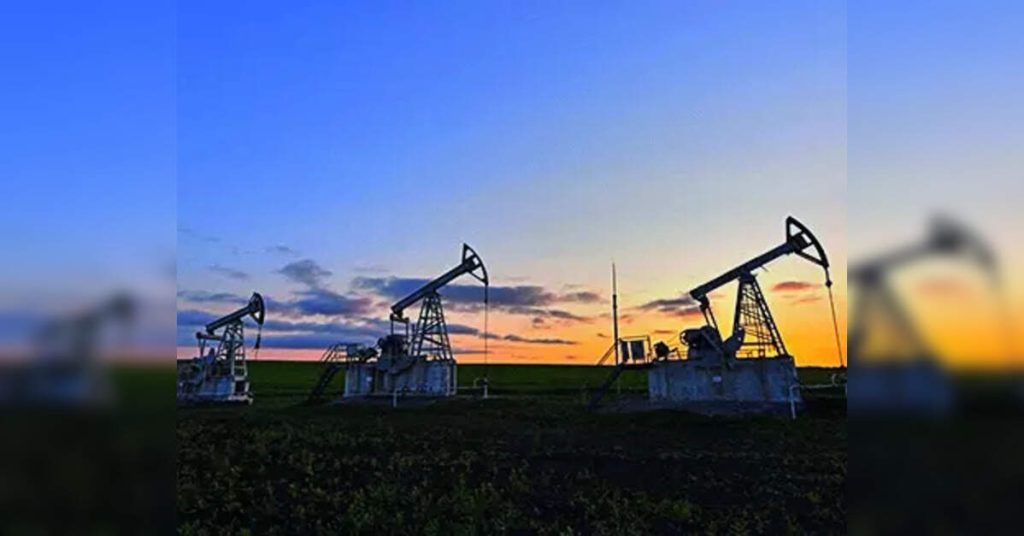
New Delhi: The European Union has sanctioned the Rosneft-owned Nayara Energy’s 20 million metric tonne refinery in Vadinar, Gujarat, and reduced the price cap on Russian oil to USD 47.6 per barrel from the earlier USD 60, in a fresh round of measures targeting Moscow’s energy revenue.
The latest sanctions package includes restrictions on 105 additional vessels involved in transporting Russian crude oil through the so-called shadow fleet. This takes the total number of sanctioned vessels to 444, all of which will face a port access ban and prohibition on receiving maritime-related services.
“We are standing firm. The EU just approved one of its strongest sanctions package against Russia to date. We’re cutting the Kremlin’s war budget further, going after 105 more shadow fleet ships, their enablers, and limiting Russian banks’ access to funding. For the first time, we’re designating a flag registry and the biggest Rosneft refinery in India,” said Kaja Kallas, EU High Representative for Foreign Affairs and Security Policy, on X.
The Council of the European Union said in its statement, “Full-fledged sanctions (asset freezes, travel bans, bans on providing resources) target Russian and international companies managing shadow fleet vessels, traders of Russian crude oil and a major customer of the shadow fleet – a refinery in India with Rosneft as its main shareholder.”
The move is expected to impact Rosneft’s export operations and possibly its shareholding in Nayara Energy. In March 2025, The Economic Times had reported that Rosneft, which holds a 49.13 per cent stake in Nayara, was exploring options to exit the Indian venture due to its inability to repatriate earnings amid existing sanctions.
“With today’s package, the EU is curtailing Russia’s energy revenues through a number of different measures. The EU is lowering the price cap for crude oil from USD 60 to USD 47.6 per barrel, to align it with current global oil prices and is introducing an automatic and dynamic mechanism to modify the oil price cap and ensure that this price cap is effective. Oil exports still represent one third of the Russian government’s revenues,” the EU Council said.
India imported around 1.75 million barrels per day (bpd) of discounted Russian crude in the first half of 2025, accounting for 35 per cent of the country’s total imports. In June 2025 alone, Russian imports surged to 2 million bpd, while imports from the Middle East declined.
“The EU’s move to sanction a Rosneft-linked refinery in India—a key crude-supply hub for IOCL and BPCL—is a strategic jolt for the domestic downstream sector,” said Anirudh Garg, Partner and Fund Manager at INVasset.
“Even though the measure targets a single facility, it may trigger ripple effects—restricting access to Russian crude via banking channels, shipping insurance, or logistical bottlenecks. That would undercut the premium discount India’s refiners currently enjoy and strain refining margins,” he added.
Garg said IOCL and BPCL, which refinanced over a third of their crude requirement from Russia, may face incremental costs if they have to substitute Russian barrels with costlier alternatives from the Middle East or the US.
“With earnings season around the corner, investor sentiment may turn cautious until clarity emerges on policy support, sanction waivers, or alternative supply routes. For now, this sanction is a downside risk—firm but containable, provided mitigating measures follow swiftly,” Garg said.


